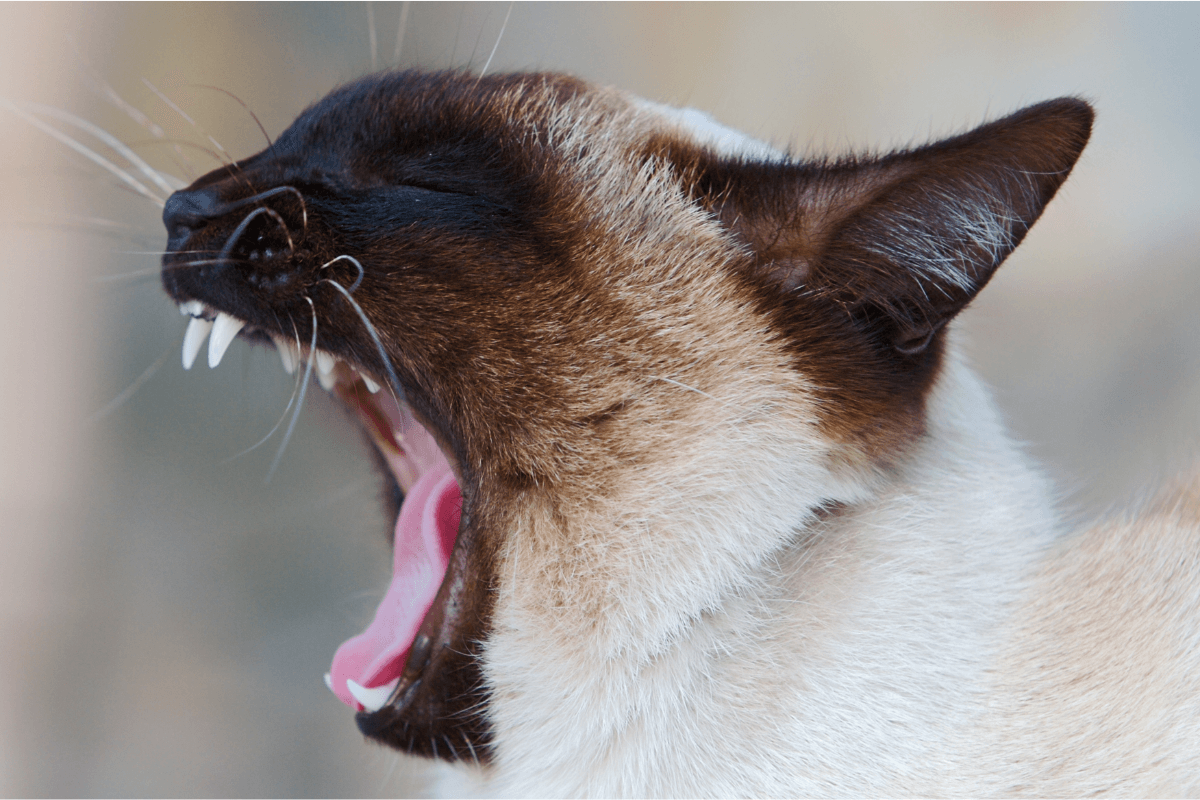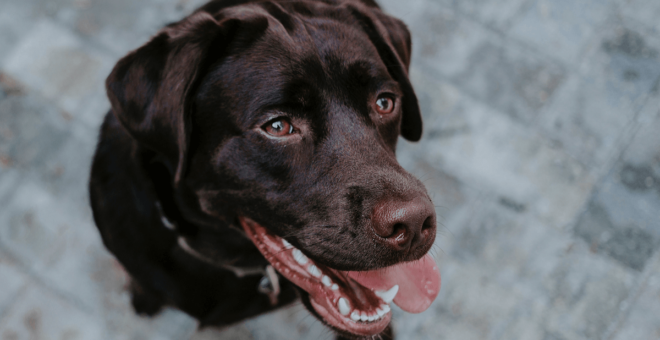Dental care is fundamental to keeping your cat or dog healthy, but its importance is often overlooked. And with approximately 80% of dogs and cats over the age of 3 suffering from some level of dental disease, odds are that your pet will end up with dental issues at some stage of their life.
What is dental disease?
A common misconception is that dental disease will not only affect your pet’s teeth. Dental disease – also known as periodontal disease – is caused by a build-up of bacteria in your pet’s mouth. Without preventative care or treatment by your vet, plaque and tartar can build up, and end up spreading to the gums and tissue surrounding the teeth. This can lead to serious illness which can have a significant impact on your pet’s life and even become life-threatening.
Signs of dental disease
Your cat or dog can’t tell you they have a toothache, however, there are a number of signs that your pet may be suffering from dental disease.
- Bad breath
- Red, swollen or bleeding gums
- Inability to chew, or favouring one side of the mouth when chewing
- Yellowish/brown or brown crust on the teeth near the gum line
- Drooling
- Tooth loss
If your notice your cat or dog displaying any of these symptoms, it is important that you book them in with your vet for a thorough dental examination.
Preventative measures to keep your pet’s teeth healthy

The best way to catch any dental issues early and prevent them from developing into a more serious problem is by having a dental assessment as part of your cat or dog’s annual check-up. By thoroughly checking for any signs of dental issues or gum disease, your vet can determine if your pet’s teeth require cleaning or any further treatment.
At Moorabbin Veterinary Hospital, if we have any concerns about your pet’s teeth during the dental examination, we are fully equipped to perform dental X-rays to see if there is any trouble hiding under the gum lines. If we see any issues under the gum line we can treat this through an appropriate dental procedure, such as teeth extractions.
After every dental procedure, our staff will discuss with you – and demonstrate – how you can help your pet with their dental hygiene and prevent any nasty infections. There are a few things you can do at home to help prevent dental problems.
- Brushing your pet’s teeth (with a special pet toothbrush) as many times a week as you can
- Encouraging dogs to play with chew toys
- Incorporating dental prescription dry food into their diet
- Offering dental treats
Pet dentistry
Sometimes even with your best efforts at preventative care, your cat or dog may require some level of dental procedure performed by your vet; particularly as they age. This may be a professional cleaning, tooth extraction or some other form of oral surgery.
Teeth cleaning is the most common dental procedure performed by vets and is a short day surgery.
Your pet will first be placed under a general anaesthetic so they won’t feel a thing. The anaesthetic is especially needed since this is the only way for the gums to be properly assessed. The teeth and gums are thoroughly examined for disease. Dental radiographs are taken to make sure the whole of the tooth is inspected. Then the plaque and tartar are removed and the teeth polished. In serious cases, we are also equipped and experienced to perform dental surgery.
Does your pet need a dental check-up?
If it’s been a while since your pet has had a dental check-up, or they are displaying any signs of dental disease, then it’s important they get their teeth checked by a vet. Dental disease can lead to tooth loss, constant pain – and in advanced cases, organ damage.
Proper dental care can add up to four years to the life of your cat or dog, which is why every pet examination we perform includes a dental assessment.
To schedule an annual check-up or dental examination for your cat or dog, you can book online or give us a call on 03 9555 4808.


